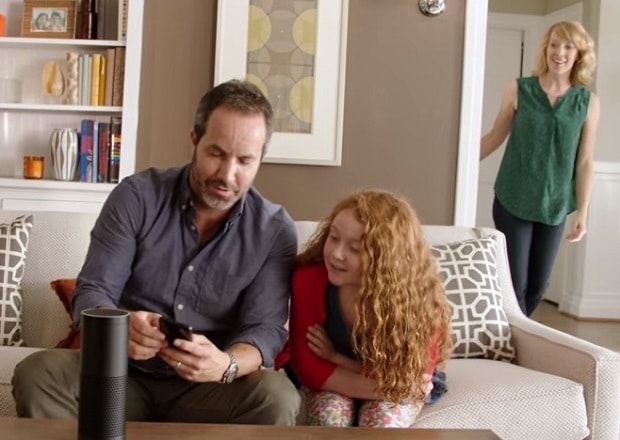
The most popular voice assistants on the high street were asked some common Christmas questions – this included Apple’s Siri, Google’s Assistant, Amazon’s Alexa, Samsung’s Bixby and Microsoft’s Cortana. All devices struggled to find answers to most of the questions, such as the best recipe for stuffing, or present for your mother. Key findings include:
- Santa Claus is coming to town – Alexa and Google Assistant both believe that Santa will be visiting homes on Christmas eve. Alexa responds with, “All I know is someone’s been eating my mince pies and Father Christmas looks like the type.” Meanwhile, Google Assistant said, “Well I get presents every year and that can’t be a coincidence.” However, Siri is more likely to upset the kids, saying “That is something I am not allowed to disclose.”
- Bringing good tidings to your cat, but not your family: Google Home could give you 20 recommendations for what to buy your cat, however, it could not help you make a purchase. You would need to complete the purchase on a phone, laptop or tablet.
- Wise men vs wise women: The devices were asked for the best location to buy a kettle, and for Google Home there was a gender divide between the recommendations. For women it recommended Argos, Currys and Debenhams, while for men it swapped Debenhams for Robert Dyas.
- It’s turkey thyme: Most devices struggled to give tips for making stuffing, or how long to cook a turkey. Google Home and Amazon Alexa could talk you through a recipe for stuffing step-by-step, but it was still hard to follow due to the speed of the instructions being read.
- Baby, it’s cold outside – so location matters: Out of the five devices, only the Google Assistant could make accurate recommendations based on your location. This included telling you the distance of stores.
Peter Zillig, CEO at Cheil UK, commented: “Voice assistants are gaining traction in the market, and we are expecting it to be a top product on people’s Christmas list. However, this survey shows that voice assistants are still a long way off being able to help consumers in their home, and the functionality is still far behind the needs of the consumer. But, the heavy investment from technology companies and brands is helping speed up the development of these products.
“As more brands build skills for these devices, it will allow voice assistants to cement their place in a consumer’s home, offering better responses to common queries. The results for the research were surprising, as we did expect the devices to deliver the same recommendations regardless of gender. However, this was not the case, and we were surprised to see the recommended stores being dependent on the gender of the person asking the questions.”
